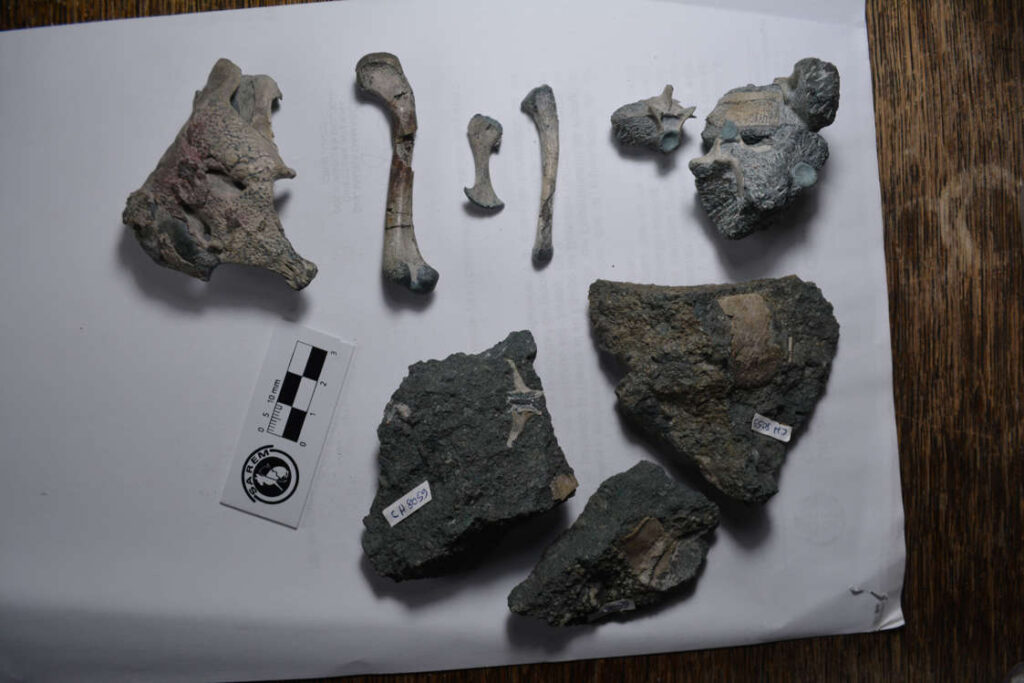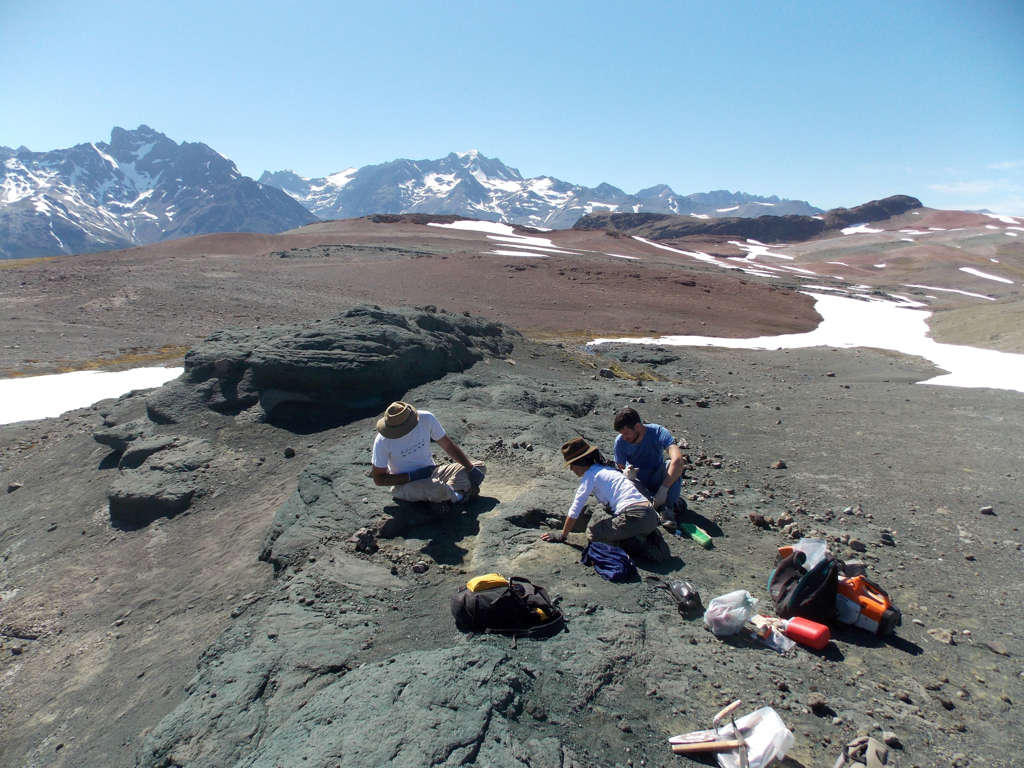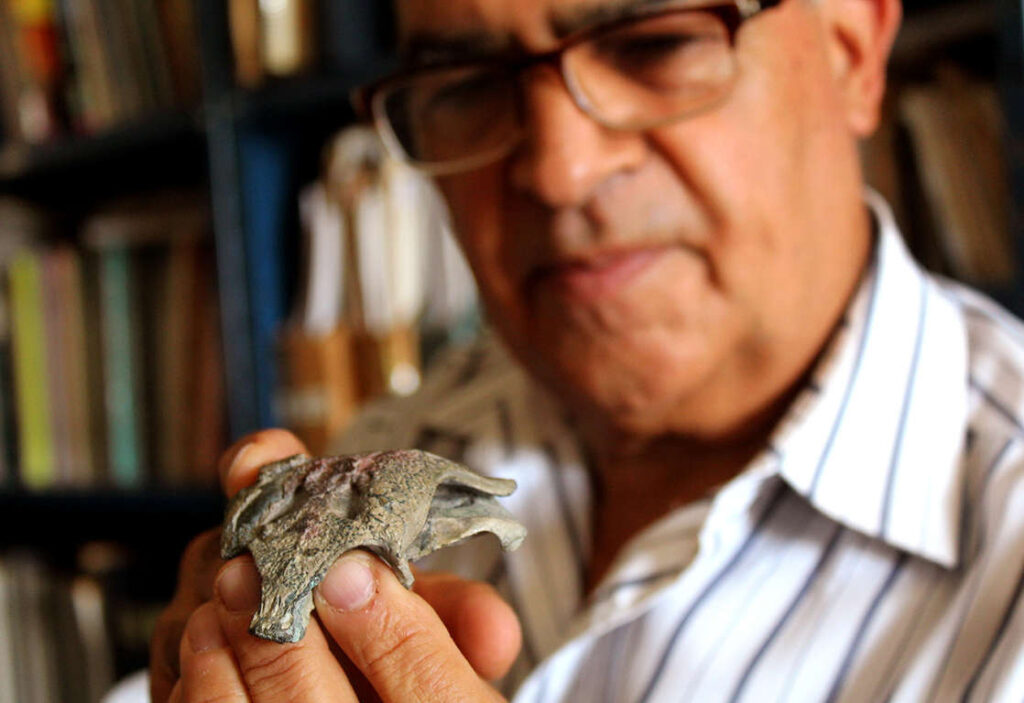Modern crocodile’s ‘grandfather,’ 150 million years old, discovered in Chile fossil
A 150-million-year-old fossilized skeleton discovered in the mountains of southern Chile was determined to be the ancestor of the modern crocodile, the Argentine Museum of Natural Sciences announced on Friday.

The species, named Burkesuchus mallingrandensis, was found in 2014 in an Andean fossil deposit near the Patagonian town of Mallin Grande by Argentine and Chilean researchers. Since then it has been analyzed at the Argentine Museum of Natural Sciences (MACN) in Buenos Aires.
The specimen is a “grandfather” of current crocodiles and should allow scientists to understand how they evolved, the museum said.

Scientists believe the fossil will help them understand how these reptiles went from being terrestrial to aquatic. Along with other fossils, the discovery supports the idea that South America was the cradle of evolution for crocodiles.
About 200 million years ago “crocodiles were smaller and did not live in water. Palaeontologists always wanted to know what that transition was like,” Federico Agnolin, who found the specimen, told Reuters.
“What Burkesuchus shows is a series of unique traits, which no other crocodile has because they were the first that began to get into the water, into freshwater,” Agnolin said.

According to the MACN, crocodiles appeared at the beginning of the Jurassic period, around the time of the first dinosaurs.
In a few million years they got into the water, thanks to the existence of warm and shallow seas. South America is known for its richness in marine crocodile fossils.
